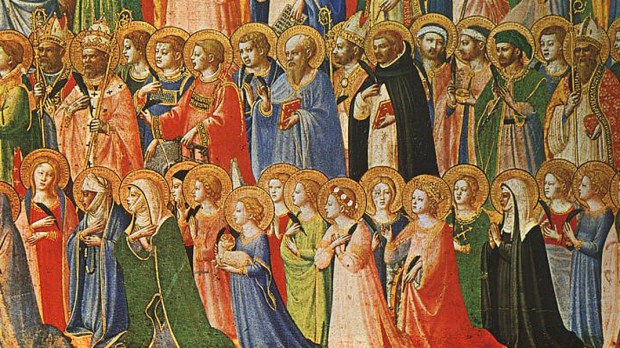In today’s modern culture, we have a tendency to celebrate holidays before they occur. In the ancient world, the opposite was true. Feasts were extended after the day itself, providing for many days of feasting and rejoicing.
Starting from at least the 3rd or 4th century, Christians began to extend certain feasts beyond the initial day. Some of the most famous extensions were Easter and Christmas, both receiving an “octave,” prolonging the feast for a full eight days.
Other major feasts in the liturgical calendar received this privilege as well, including All Saints Day.
According to the St. Andrew Daily Missal, “The celebration of an Octave of All Saints was established for the whole Church by Pope Sixtus IV in 1430.”
This endured for many centuries, though was eventually removed from the general calendar in the mid-20th century.
Nevertheless, while it may not be widely celebrated by the Church, it reminds us that we don’t have to stop celebrating saints on November 1. We can (and should) keep celebrating the lives of the saints throughout all of November, as it reminds us of the glory we are all called to attain at the end of our lives on earth.

Read more:
8 Different All Saints Day celebrations in November

Read more:
How Italians celebrate All Saints and All Souls Day

